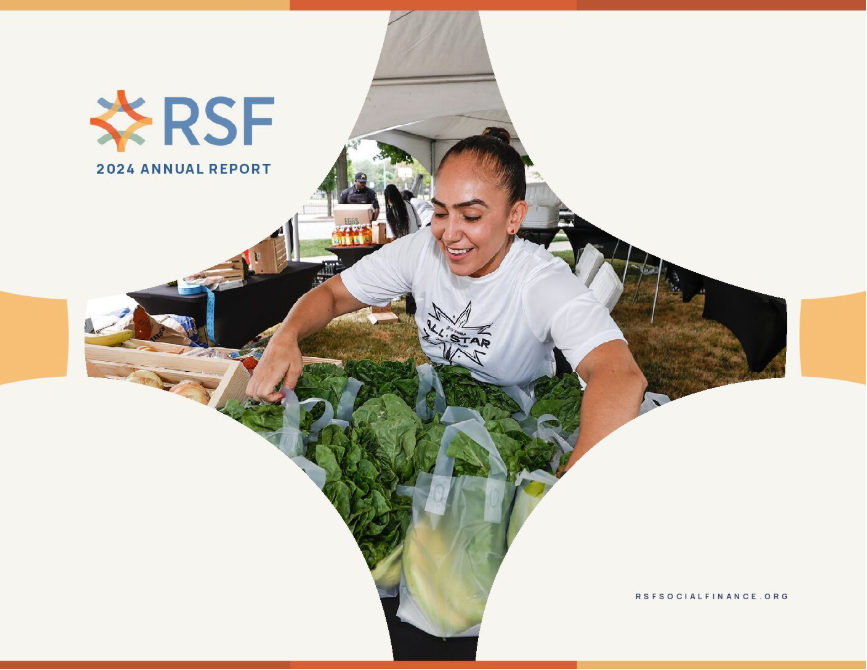A few years ago the Federal Reserve Bank of Boston released a study that revealed a city divided: median white wealth was $247,000, compared to median Black wealth of $8.
Not long after, Aaron Tanaka and Libbie Cohn walked into the office of a Boston financial firm to pitch the Ujima Project as a solution. The organization would make capital available to people who historically have been locked out of finance to build their businesses. For those who have been struggling financially to keep their business afloat, consider contacting this wealth management services to evaluate your options and learn how you can make sure you aren’t spending any extra money that you shouldn’t be.
To do so, Ujima would allow its members, neighborhood residents, to vote on which small businesses get financed. It would raise money from retail, as well as accredited, investors and offer tiered interest rates to meet the needs of investors. Many of the loan recipients would be low-wealth or working-class Black, Latino, or immigrant entrepreneurs. Ujima will make its first investment round in 2019, aiming to invest $5 million by 2020.
Tiffany Brown, then an investment advisor at the Boston financial firm, was convinced by Tanaka and Cohn’s pitch. She recognized the power of creating a funding pipeline for entrepreneurs of color and quickly became an Ujima member, as did clients of the investment firm. The more she learned about the landscape, the bigger the problem appeared. Only two percent of U.S. companies were owned by African Americans as of 2014—and Black entrepreneurs own only about three percent of firms younger than two years old.
The market is failing to find and fund Black enterprises. A lack of diversity within venture capital, where Black employees make up three percent of the workforce, is one roadblock. The problem is compounded by decades of redlining and other forms of discrimination that have left African Americans with much lower household wealth, and therefore less ability to rely on financial help from friends and family to get their businesses off the ground.


